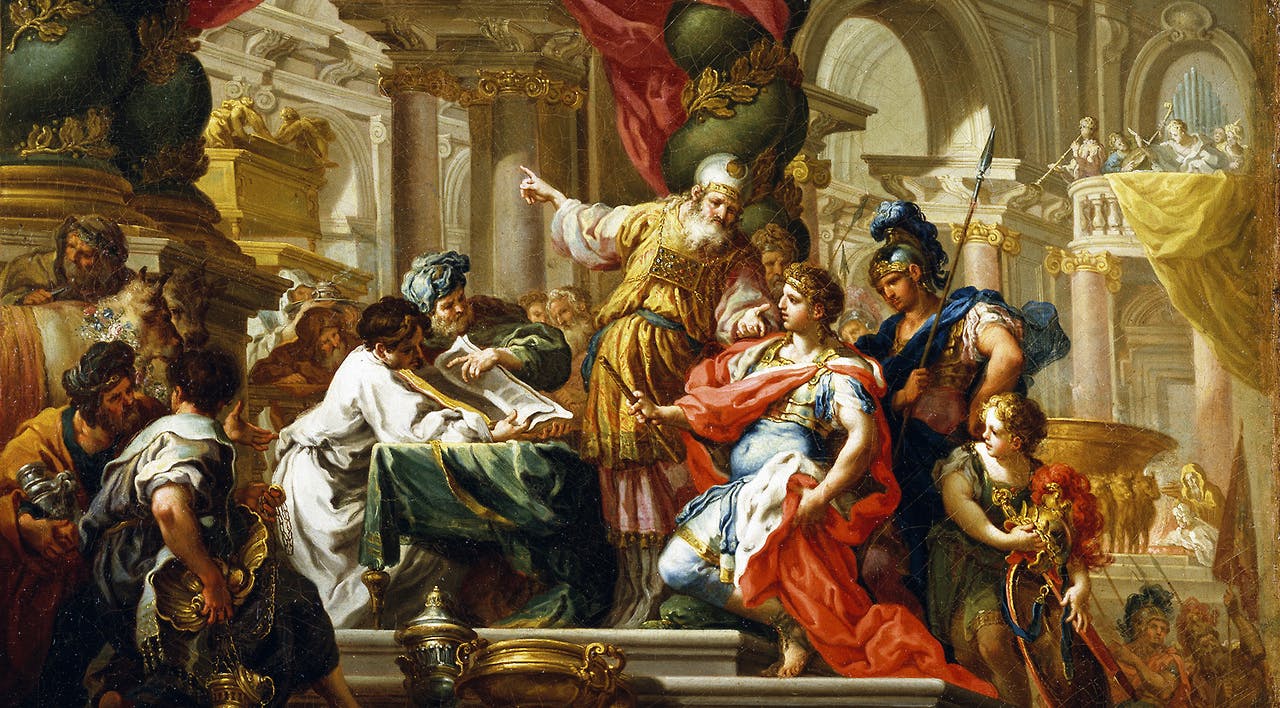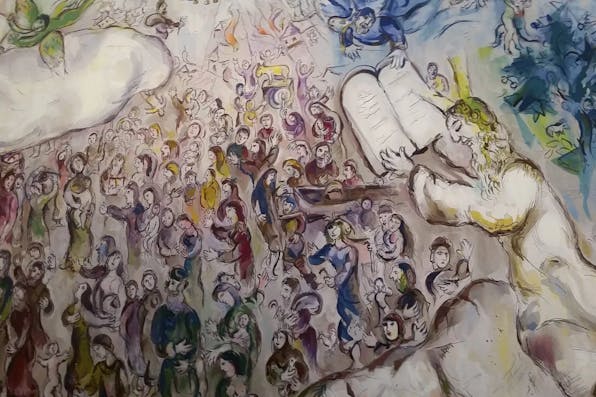
February 2023
The Spirit of Jewish Classical Education
Jewish teachings have shaped Western civilization from the beginning. How can Jews build schools that encourage the rising generation to take this responsibility seriously?
The Jews have long occupied a unique place within Western civilization—simultaneously at the center and at the margins. The West—including the rise of European Christendom and the birth of America—was decisively shaped by Hebraic understandings: the revelation that our existence was initiated by a single divine Creator; that human beings were created as God’s beloved partners; that human life is sacred and child sacrifice abhorrent; that human kings are answerable to an ultimate Judge; that human sexuality should be governed by laws of holiness; that rearing children is life’s greatest blessing and God’s primordial commandment; and that despite the painful realities of mortal life, the human story is not tragic but redemptive. Against the pagan belief that fate matters more than freedom, the Jews offered a crucial corrective: the recognition that human beings make history, and that history is a divine drama conceived by God and shaped by men and women as the only covenantal actors in the cosmos. That covenant began when God summoned Abraham to create a new way of life. And since then, we have lived in an Abrahamic world.
While Hebraic understandings shaped Western civilization as we know it, the Jews themselves often lived in exile: not only from their home in the land of Israel, but also from the very Western culture that Israelite teachings helped to create. While Jewish texts like David’s Psalms became sacred scripture, the Jews themselves were often persecuted rather than honored, blamed rather than esteemed, poor rather than princely. They often lived in shtetls and never built great cathedrals. They were the targets of rigged and hostile “disputations” and generally banned from attending universities where they could engage in true dialogue. In their realist genius, the rabbis focused their cultural energy on preserving their own sacred inheritance from an often-hostile world rather than sharing this divine vision with the untutored nations. In one of history’s great (and often cruel) ironies, Christianity would spread the core Jewish message of a covenantal God to the world, often while subjecting Jews themselves to humiliation and worse.
Yet throughout Western history, the greatest Jewish thinkers and leaders—Philo and Saadia Gaon, Maimonides and Abarbanel, Samson Raphael Hirsch and Esriel Hildesheimer—always recognized the importance of Western ideas for expanding the Jewish imagination. Even when the world spurned the Jews, the wisest Jews knew that they needed to make sense of their distinctive place in the West. In modern times, it is no accident that the visionary statesmen and thinkers who led the Zionist renaissance in Israel—men like Theodor Herzl, Abraham Isaac Kook, Vladimir Jabotinsky, and David Ben-Gurion—were deeply educated in the political and moral history of the West. It is no accident that the rabbis and teachers who led the religious revival in the American Diaspora—individuals such as Menachem Mendel Schneerson, Joseph B. Soloveitchik, and Abraham Joshua Heschel—were steeped in the great thinkers of the Western tradition, both ancient and modern. They believed that the Jews needed to understand Western culture—both its greatness and its dangers—in order to fulfill our true mission as “a kingdom of priests and a holy nation” within history.

